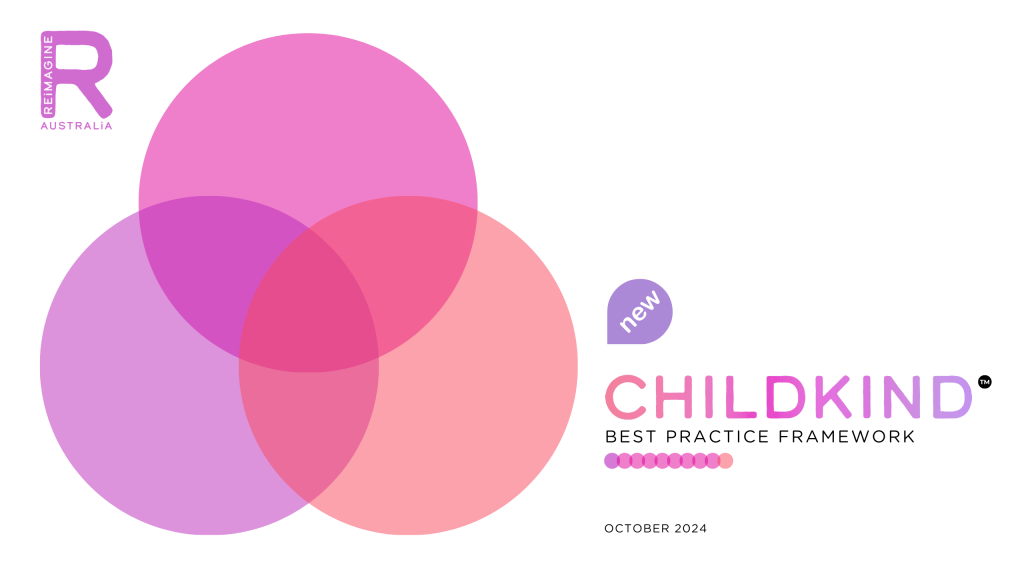CHILDKIND WAY OF WORKING #7

“Working together with families, professionals, and communities to create cohesive and comprehensive support for children’s development and well-being.“
Collaborate With Others emphasises the value of working together with families, professionals, and communities to create cohesive support for children’s development and well-being, through:
Building Collaborative Relationships: Establish respectful partnerships, valuing input from families and professionals to create a unified approach to improve outcomes.
Connecting with the Community: Establish strong links within the community to connect families to resources and support networks to foster a sense of belonging and resilience.
Facilitating Effective Referrals: Recognise when to refer families to additional services, ensuring they have access to the most appropriate support for their unique needs.
Quality area 6 of the National Quality Framework for Early childhood services focuses on building partnerships with families (ACECQA, 2016). Research shows children are much more likely to realise their full potential in life when their family and education and care service work together (ACECQA, 2016, p.1). While this is specific to early childhood education and care, there have been other studies that have looked at the school system. One such study by Murray and colleagues back in 2008 found that successful home–school collaboration hinges on fostering respectful, trusting relationships with parents (Murray et al., 2008).
The importance of working together with families extends beyond the education setting and into all stakeholders who would sit within a child’s microsystem, or inner-most circle. According to Bronfenbrenner’s Ecological Systems Theory, the child’s microsystem includes the child’s most immediate relationships and environments, such as parents, siblings, teachers, peers, education setting, neighbours and potentially other service providers depending on how often the child engages with them (Guy-Evans, 2024). The interaction between these individuals and services forms the mesosystem of this theory and has a significant impact on a child’s development and wellbeing.
Collaborate With Others, as a way of working, relates to the ‘design and delivery of services and supports’ phase of the child’s early developmental support journey. This way of working is broken down into 3 Key Competencies. In practice, these competencies might be demonstrated as follows:
Collaborative Practice: Collaborative practice is not just an arbitrary term, used to pay lip-service to high quality practice. Collaboration is a commitment – to ensure that the voices of all stakeholders are heard, and genuine respect and understanding is shared. Collaborating with families and other professionals who support a child will ensure everyone’s shared commitment is toward increasing outcomes for the child.
Network and Community Development: Families can gain a lot of valuable support from professionals they engage with. However, this is one part of a supportive network. Introducing families to support services, or providing opportunities to engage with other families can widen experience and provide additional options that suit individual families. These can then lead to increased support and opportunities within the wider community.
Referrals and Other Support: Children with disability, developmental delay and neurodivergence may currently be supported within your service but require additional assessment or support that extends beyond what you can offer. Part of the role of quality service providers is to recognise their own parameters, refer and support families to engage with other services as required.
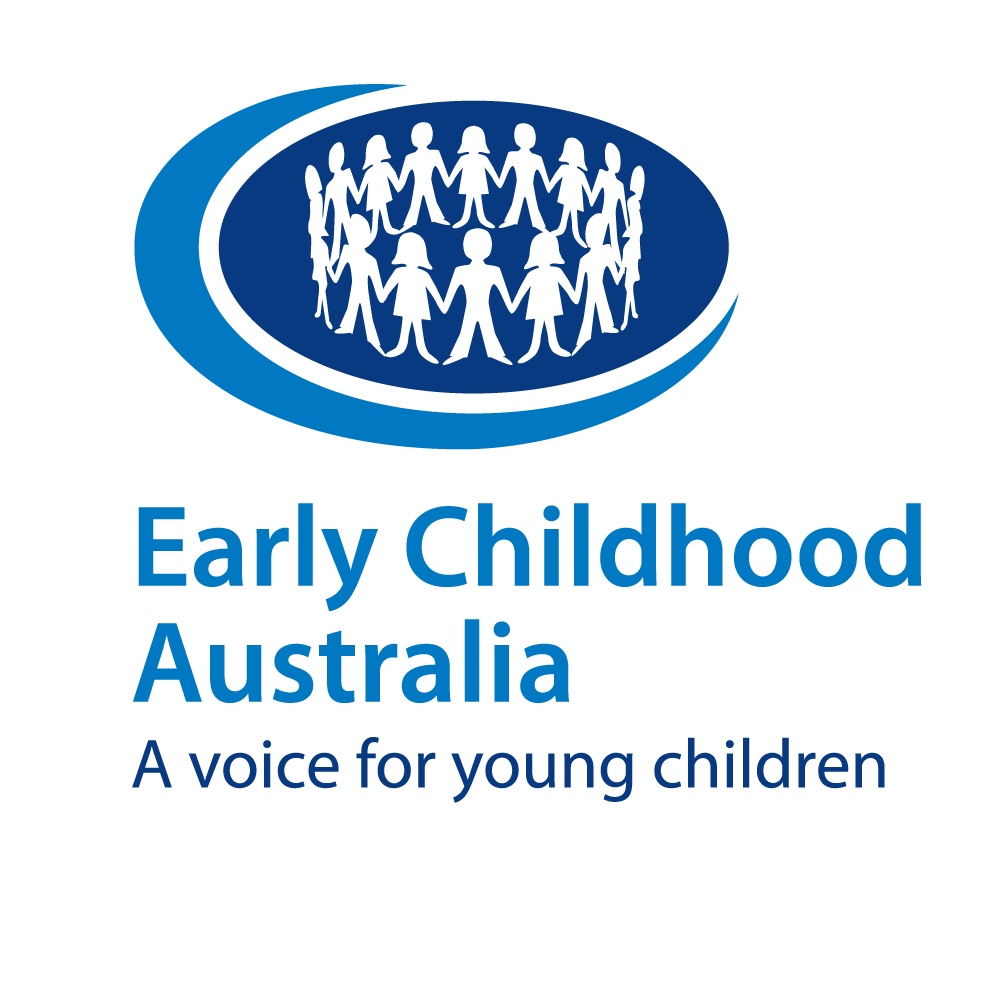
Brien, J. (2021). Partnerships with families of young children with disabilities. The Spoke – Early Childhood Australia’s Blog.
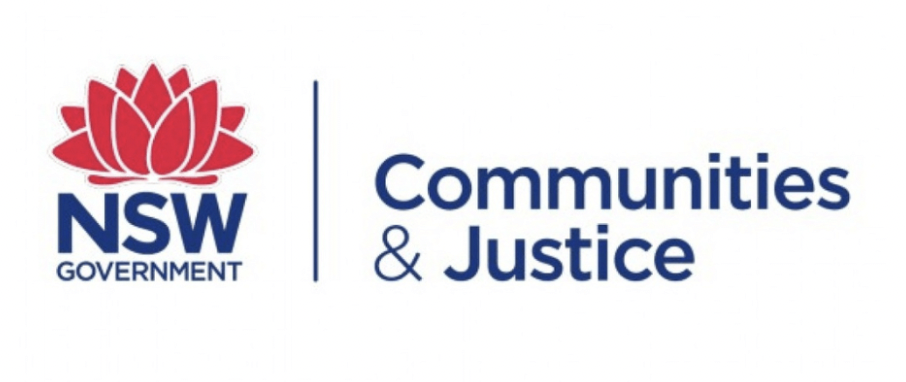
NSW Government Communities and Justice (2024). NSW Interagency guidelines for practitioners.
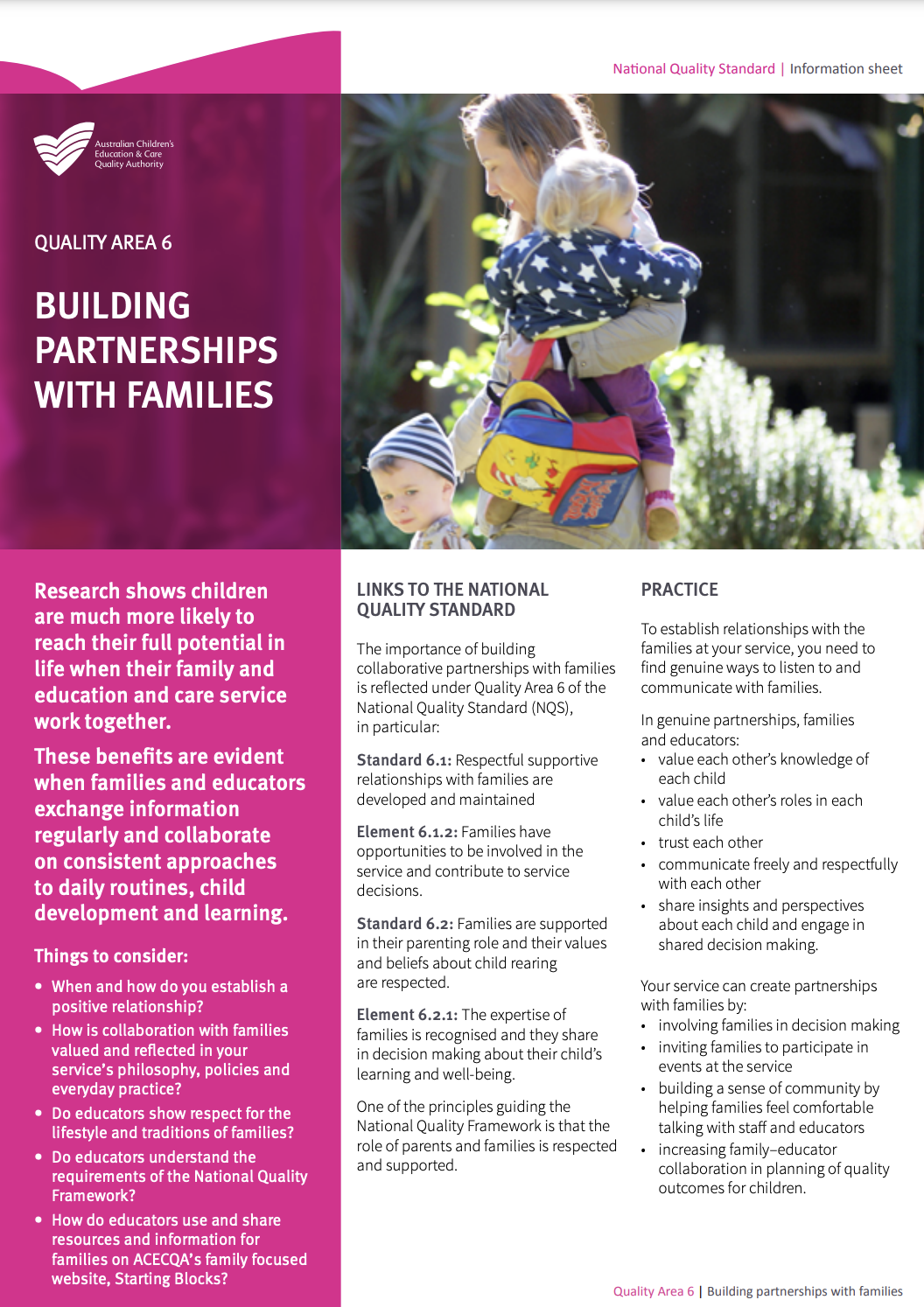
Australian Children’s Education and Care Quality Authority (ACECQA) (2016). Quality Area 6 Building Partnerships with families. Information Sheet.
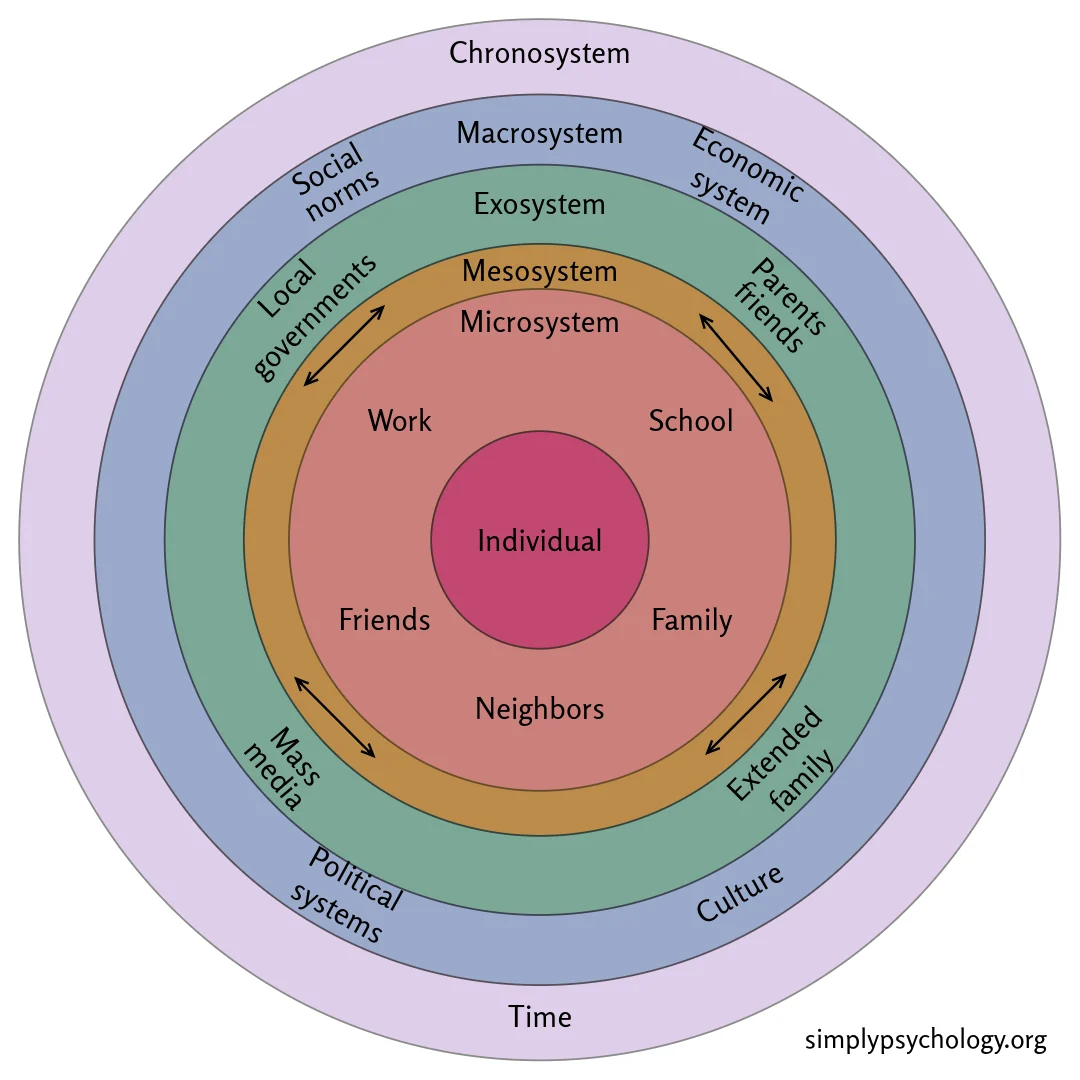
Guy-Evans, O. (2024). Bronfenbrenner’s Ecological Systems Theory. Simply Psychology.
Building strong relationships among service providers and families enhances the capacity to provide responsive and relevant support for children with neurodivergence.
Murray, C. (2016), "Supporting Neurodiverse Learners: A Collaborative Approach.
Access more information on the ChildKind Best Practice Framework with its 10 Ways of Working, 30 Key Competencies and 8 supporting Values and Behaviours here:
